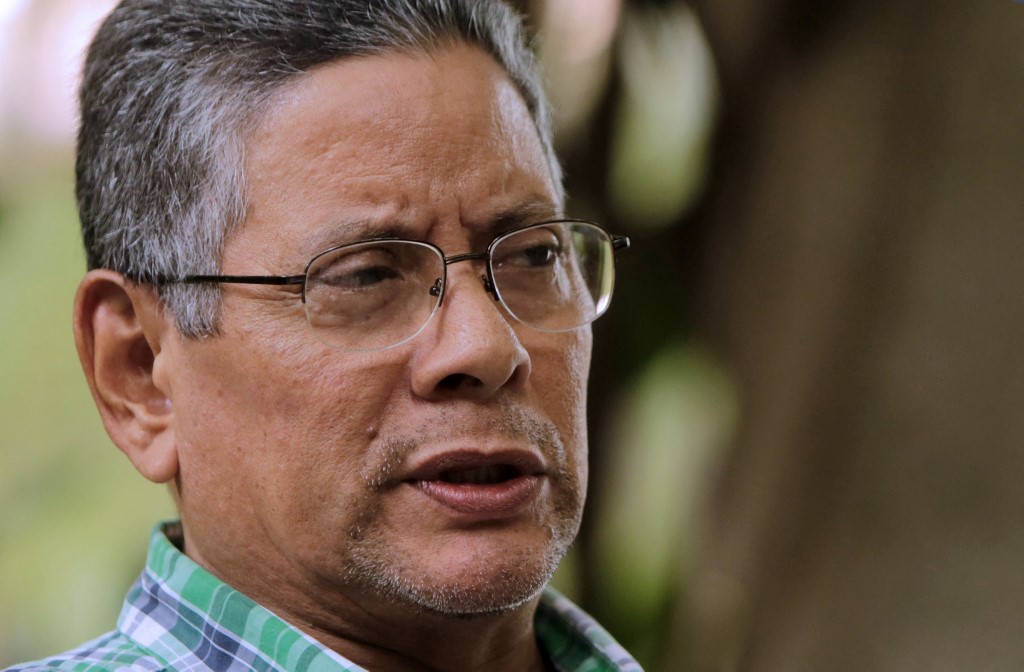The Costa Rican government is facing growing criticism after the murder of exiled Nicaraguan military officer Roberto Samcam, who was shot to death in San José on June 19 in what appears to be a targeted political assassination. Samcam had reportedly warned Costa Rica’s Directorate of Intelligence and Security (DIS) about threats to his life, but no action was taken to provide protection.
Legal action is now underway against the Costa Rican State, with Samcam’s widow seeking to hold government institutions accountable for failing to respond to repeated alerts.
The case is being supported by legal experts and international human rights advocates, with backing from parties in the United States and Spain. The legal complaint argues that the murder was politically motivated and part of a broader pattern of repression against Nicaraguan exiles. Samcam had been living in Costa Rica since 2018, following his outspoken opposition to the regime of Nicaraguan President Daniel Ortega.
Samcam had reportedly shared intelligence with authorities regarding threats and the presence of foreign cells operating in Costa Rica. Despite these warnings, no protective measures were implemented, and no coordination occurred with Samcam or his family.
The murder has raised alarm among Costa Rica’s Nicaraguan exile community, many of whom now say they feel increasingly unsafe. Just last year, another prominent Nicaraguan dissident survived an armed attack under similar circumstances. Many fear that these attacks represent an escalating trend in transnational repression.
On the morning of the murder, a gunman posing as a delivery worker approached Samcam’s residence and opened fire, shooting him multiple times before fleeing on a motorcycle. Surveillance footage and ballistic evidence have been gathered, but no suspects have been publicly identified or arrested.
Calls are intensifying for Costa Rican authorities to strengthen protections for refugees and exiles, and to conduct a thorough investigation into the intellectual and material authors of the crime. Lawmakers and human rights groups are demanding answers, citing the failure to act on credible threats as part of a wider breakdown in the country’s refugee protection system.
The incident has cast a shadow over Costa Rica’s reputation as a safe haven for political exiles and has sparked renewed debate over our country’s role in shielding individuals fleeing authoritarian regimes.






